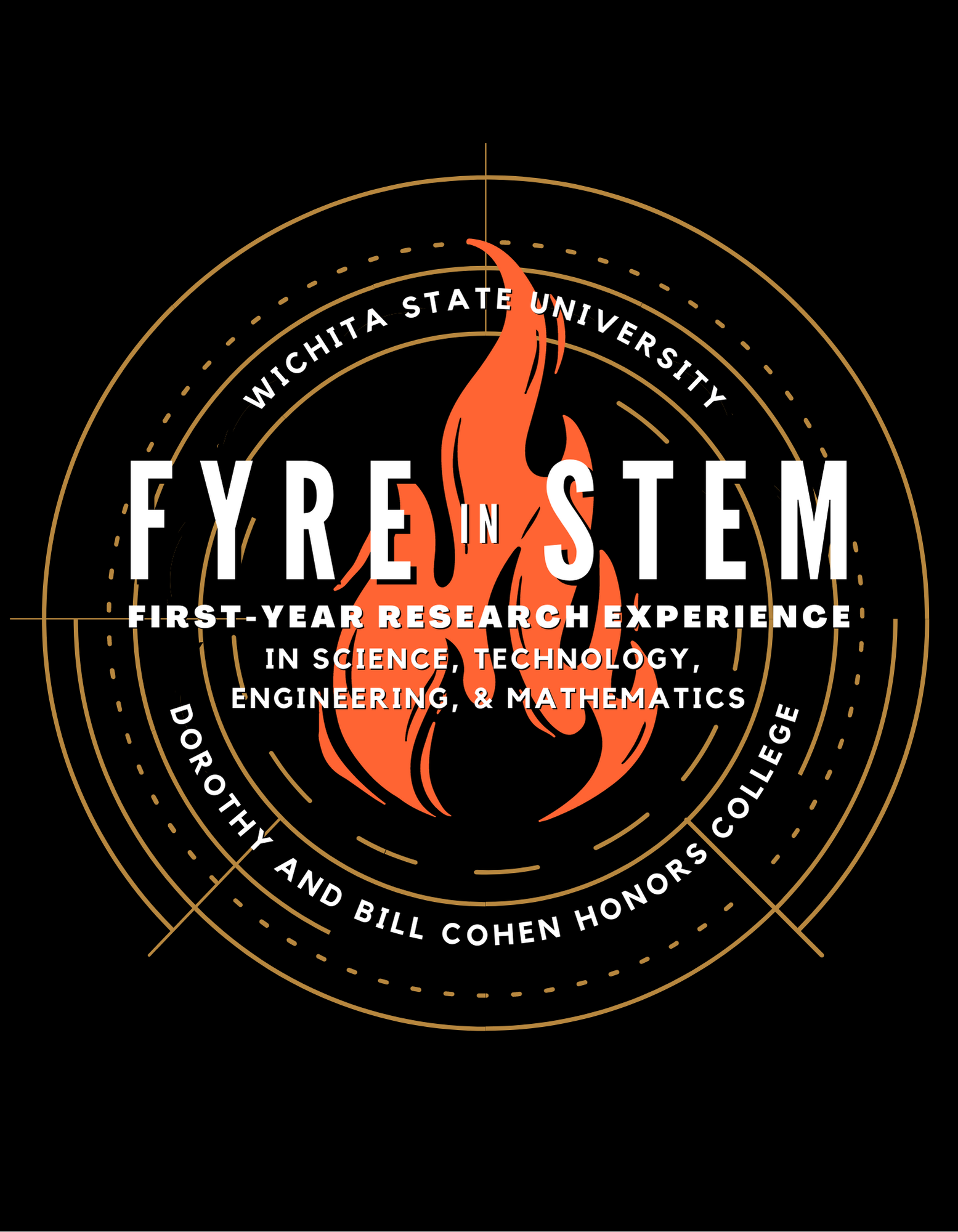
The First Year Research Experience in STEM aims to build a community of STEM students, faculty and professionals to support STEM majors or potential majors as they form identities as members of the scientific community.
FYRE is an applied learning program designed to connect undergraduate first-year students with authentic hands-on research experiences in a variety of STEM-related disciplines. Students selected for the FYRE program enroll in an introductory research seminar course that exposes them to research methods and are matched with research positions in WSU labs actively involved in scholarly STEM research. FYRE students will be better prepared for advanced careers in STEM fields and will develop important skills in critical thinking and problem-solving that can be applied to careers outside of research.
View the previous work in the "FYRE in STEM" collection:
The application includes the following:
Essay prompts include: